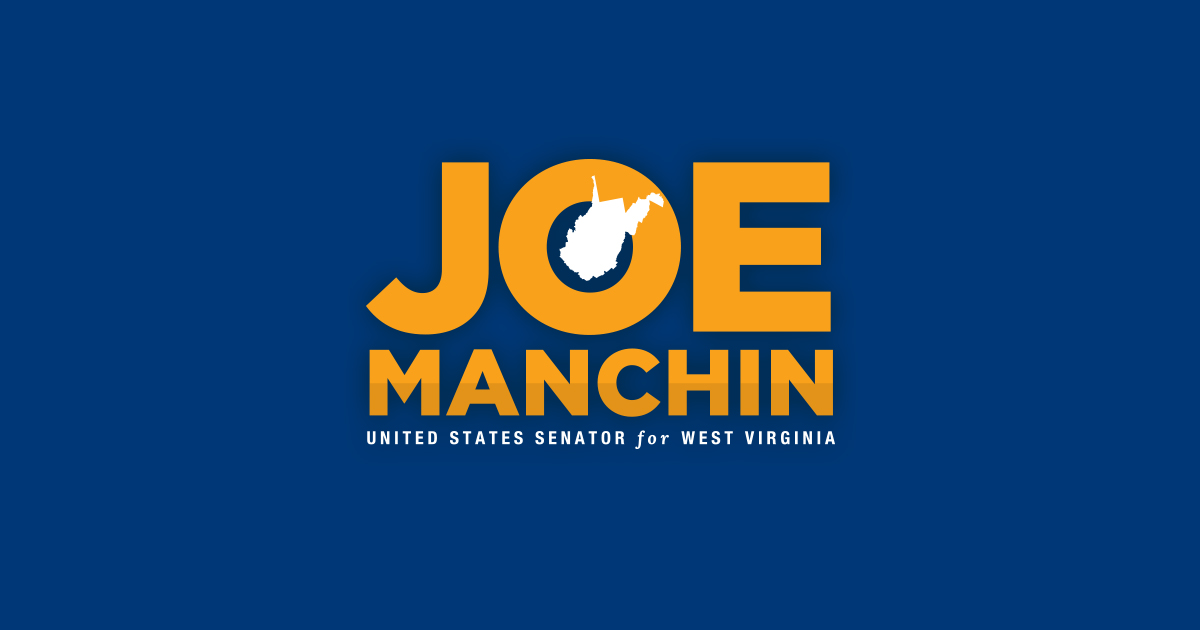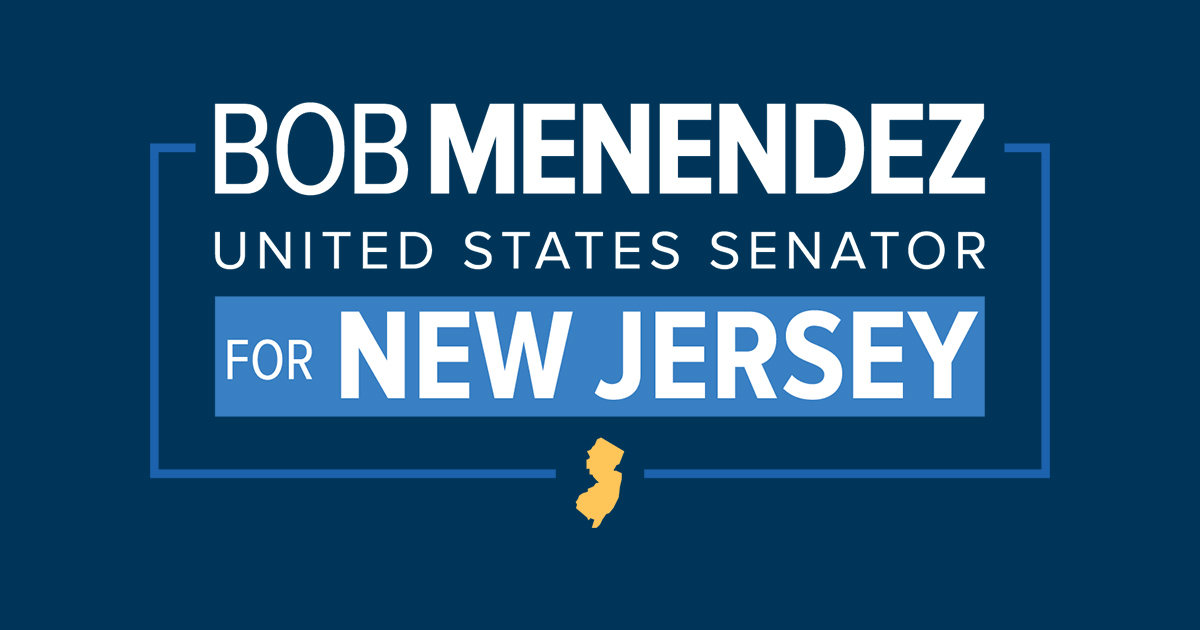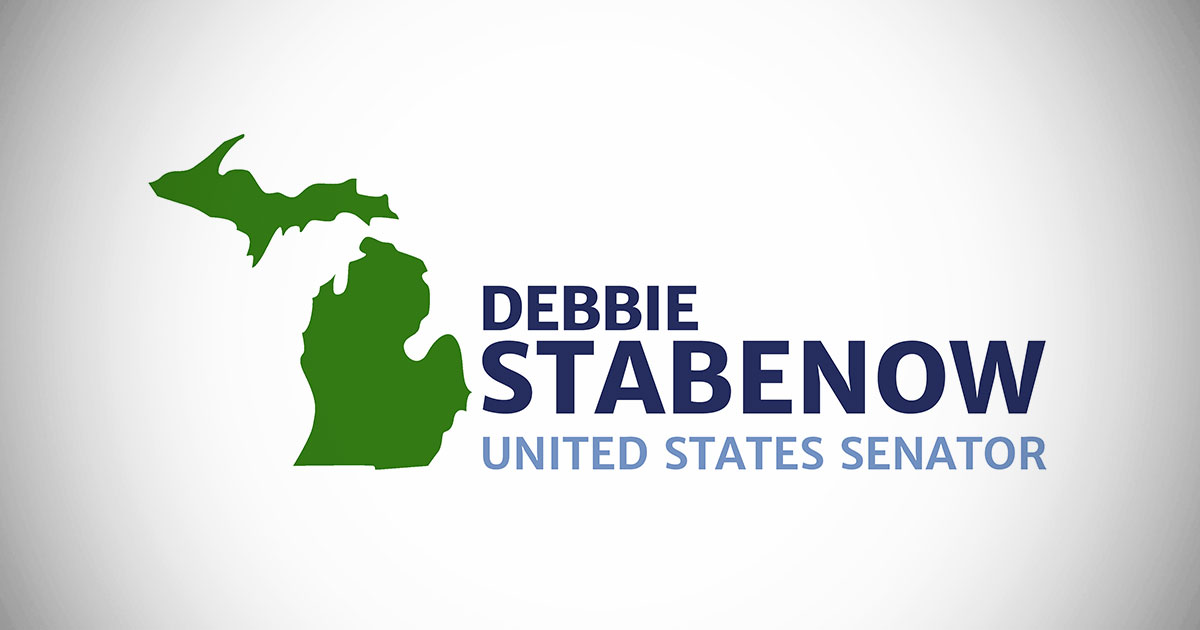Source: United States Senator for Vermont – Bernie Sanders
WASHINGTON, June 14 – In a continued effort to expand and strengthen access to dental care for veterans through the U.S. Department of Veterans Affairs (VA), Sen. Bernie Sanders (I-Vt.) joined with Rep. Julia Brownley (D-Calif.) to introduce legislation yesterday that would establish a new pilot program to provide comprehensive dental care to veterans diagnosed with diabetes and ischemic heart disease. Funded for four years, the program would also study the health outcomes and cost effectiveness of such care, as well as provide loan reimbursement opportunities for qualified dental care professionals who agree to serve for the duration of the pilot at a VA dental clinic deemed high need.
Joining Sanders and Brownley on the Improving Whole Health for Veterans with Chronic Conditions Act are Sens. Richard Blumenthal (D-Conn.), Cory Booker (D-N.J.), Dick Durbin (D-Ill.), John Fetterman (D-Pa.), Mazie Hirono (D-Hawaii), Bob Menendez (D-N.J.), Jeff Merkley (D-Ore.), Debbie Stabenow (D-Mich.), Peter Welch (D-Vt.), Sheldon Whitehouse (D-R.I.), and Ron Wyden (D-Ore.).
“The goal of this legislation is really pretty simple: To improve and expand access to dental care for veterans throughout the country,” said Sen. Sanders, who is a longtime member and former chair of the Senate Veterans’ Affairs Committee. “Today, millions of veterans have access to timely, high-quality health care through the VA. However, very few of these veterans have access to dental care through the VA and many also struggle with chronic health conditions made worse by that lack of dental care. To my mind, this doesn’t make sense. The evidence is very clear that a person’s oral health is directly linked to a person’s general health. This pilot program would be an important step toward delivering essential dental care to veterans who really need it, so that no veteran is left behind.”
“Poor dental care is directly associated with poorer overall health,” said Congresswoman Brownley. “We simply cannot address veterans’ whole health without also addressing the critical and dire need for dental care. I am proud to author the House companion to Senator Sanders’ bill, and I look forward to working with him and our colleagues on the House and Senate Veterans’ Affairs Committees to expand dental coverage to more veterans.”
Study after study shows that poor dental hygiene is directly linked to other chronic health care conditions such as diabetes and heart disease. According to the American Diabetes Association, diabetes triples the risk of getting periodontal disease, a severe gum infection that can lead to tooth loss, bone loss, and other serious health complications. An individual with diabetes and periodontal disease is also three times more likely to develop cardiorenal mortality, a fatal combination of ischemic heart disease and diabetic nephropathy. Another study has found that people with periodontitis, or gum disease, have a greater risk of experiencing a major cardiovascular event, such as a heart attack or stroke.
However, out of the 9.2 million veterans enrolled in VA health care, only 1.4 million are eligible for comprehensive dental care. According to the VA, in 2020, more than 3 million veterans with diabetes and heart disease went without access to affordable, comprehensive dental care, increasing their exposure to the fatal risks associated with these chronic health conditions.
Studies estimate that if 50 percent of veterans are treated for gum disease, over six billion dollars would be saved annually in heart disease and diabetes treatments. In 2020, the VA spent an average of $86,000 per veteran per year on health care for veterans with heart disease, while it spent an average of $11,000 on veterans with diabetes. Compare that with the $1,132 it costs the VA annually to provide a veteran with comprehensive dental care. Additionally, the VA has spent over $124 million in the past four years on emergency room care for veterans with oral health problems who do not have access to affordable dental care. According to the Agency for Healthcare Research and Quality, of the 2 million Americans who visited the Emergency Room in 2018 for dental emergencies, 1.9 million could have been treated by a dentist, reducing associated ER expenses by 78 percent.
The Improving Whole Health for Veterans with Chronic Conditions Act is endorsed by American Institute of Dental Public Health (AIDPH), American Dental Hygienists’ Association, American Heart Association, Association of State and Territorial Dental Directors, Care in Action , CareQuest Institute for Oral Health, Common Defense, Disabled American Veterans (DAV), Iraq and Afghanistan Veterans of America (IAVA), Minority Veterans of America (MVA), National Domestic Workers Alliance, Paralyzed Veterans of America (PVA), National Council on Aging, Public Citizen, Save our VA (SOVA), SMART Recovery, Social Security Works, and Veterans of Foreign Wars (VFW).
“Denying dental care to veterans most vulnerable to dental problems makes no sense. This legislation would guarantee such care to veterans with diabetes and heart disease – chronic conditions that put them most at-risk,” said Sen. Blumenthal, a member of the Senate Veterans’ Affairs Committee. “Expanding care means investing in our veterans’ health and wellbeing. I’m proud to join my colleagues in this legislation.”
“Many of America’s veterans are unable to access dental care due to current VA eligibility restrictions,” said Sen. Booker. “Dental care is important to our overall health and well-being. I am proud to join my colleagues in introducing this legislation to establish a pilot program that would work towards providing comprehensive dental care to veterans. We owe it to our veterans, who risked their lives in service of our nation, to ensure they have the comprehensive care they deserve.”
“Our veterans honorably served our country, and they deserve quality, accessible health care after their service,” said Sen. Durbin. “The VA has provided this care for decades, but not many veterans are eligible for dental care despite studies that link poor dental health to other chronic health conditions like diabetes and heart disease. I’m signing on to the Improving Whole Health for Veterans with Chronic Conditions Act to research and study the health care outcomes of offering comprehensive dental care to veterans with these conditions. My hope is that this legislation will be a steppingstone to making dental care accessible for all veterans using the VA’s health care system.”
“Our veterans have laid their lives on the line for our country, but too often they are left behind despite their sacrifices,” said Sen. Fetterman. “Pennsylvania is home to one of the nation’s highest population of veterans, yet many Pennsylvania veterans cannot get dental care coverage through the VA. Our veterans and their families deserve the best health care this country can offer. This bill to expand dental care eligibility and provide the VA with the resources it needs will help serve our veterans wherever they are, regardless of their zip code.”
“Access to high-quality dental care is integral to one’s overall physical health and should be part of the whole spectrum of care we offer our veterans,” said Sen. Menendez. “I have long-championed expanding health care for our veterans and this pilot program will ensure that dental care is part of comprehensive health care at the VA.”
“We cannot fully address veterans’ health care by leaving out dental services – Congress must ensure the VA has the resources necessary to reach all of our veterans no matter the services they require,” said Sen. Merkley. “This bill is a critical step in ensuring the VA can recruit top flight dental professionals so our veterans have the accessible and quality health care services that they have earned.”
“We owe our veterans a debt of gratitude and support after they return home, and that includes ensuring they have access to a full range of health care benefits,” said Sen. Whitehouse. “Our legislation will launch a pilot program to provide comprehensive dental care to veterans and better support the overall health of those who served.”
“Quality comprehensive dental care to veterans in Oregon and nationwide is a crucial and earned benefit,” Sen. Wyden said. “Any good dentist will tell you that poor dental hygiene can lead to diabetes and heart disease, which is why access to quality affordable care is critical. I’ll always fight tooth and nail to get veterans the care they deserve.”
Annaliese Cothron, co-founder and executive director for the American Institute of Dental Public Health: “Veterans deserve equitable oral health. Our data and research are very compelling: For every dollar invested in expanding dental care, the VA could be saving one dollar on diabetes management and two dollars on heart disease management. An expansion for high-risk, high-cost veterans would not only save taxpayer dollars but save veterans the inescapable pain that comes with chronic poor oral health. We commend Senator Sanders’ focus on fiscally viable policy solutions that ensure veterans have their dental needs met.”
“Poor dental hygiene is linked to many ailments afflicting disabled veterans,” DAV National Commander Joe Parsetich said. “But with the VA providing dental services to only a fraction of those they serve, far too many are left to search for such care on their own, or worse, not look at all. The Improving Whole Health for Veterans with Chronic Conditions Act would take a big step in the right direction by temporarily expanding dental care to veterans suffering from heart disease and diabetes. We thank Sen. Sanders for his leadership in introducing this necessary legislation.”
AMVETS National Commander Don McLean said: “AMVETS believes in granting our veterans additional opportunities to access treatments and care that could prevent more severe conditions from manifesting. We support the Improving Whole Health for Veterans with Chronic Conditions Act that will provide dental care for veterans with certain conditions that could be made worse by lack of access to this resource.”
“As a grassroots organization, Common Defense and our members strongly support the Improving Whole Health for Veterans with Chronic Conditions Act,” said Naveed A. Shah, Political Director at Common Defense. “Expanding access to dental care for veterans who are suffering from diseases which amplify the risk of potentially fatal complications is a commonsense measure. Not only does this fit with the VA’s Whole Health mission, but also will help to reduce health care costs overall, and save lives. We applaud Senators Sanders, Whitehouse, Welch, Merkley, Wyden, Blumenthal, Booker, and Fetterman for bringing this important legislation forward. We hope Congress will take it up swiftly.”
“The need for dental care to lessen the complications of diabetes and cardiovascular heart disease is obvious to experienced health care providers,” said Dr. James Martin, National Representative of the American Federation of Government Employees and National VA Council. “This bill gives the VA the opportunity to demonstrate that providing dental care to veterans, will improve their overall health and well-being, lessen their risk of complications from cardiovascular heart disease and diabetes, and accomplish this at impressive cost savings. These savings will be apparent when historical costs and outcomes of those who did not have dental benefits are compared with those who will have dental benefits.”
Read the bill summary, here.
Read the section-by-section, here.
Read the bill text, here.




